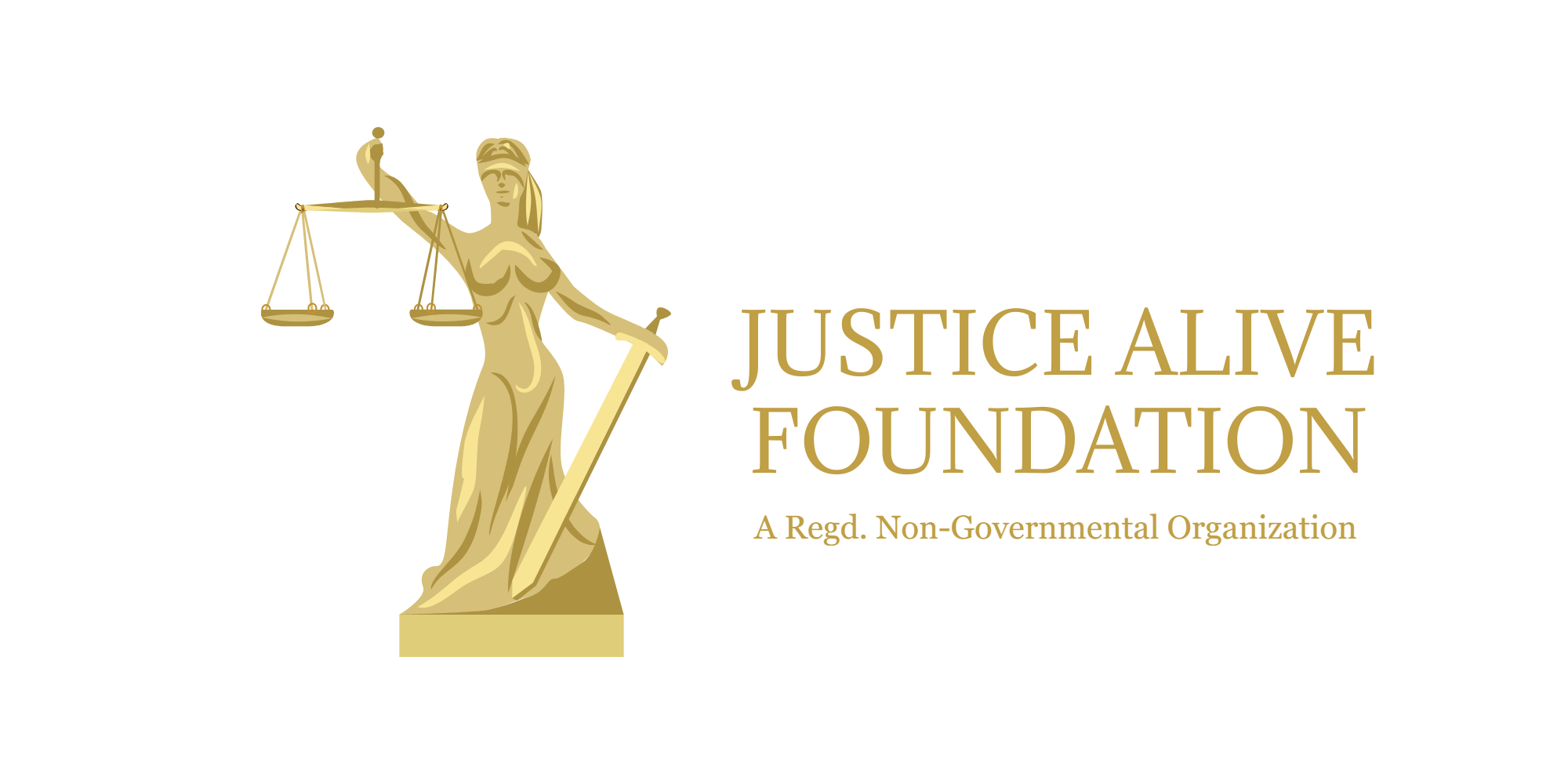
Malicious Prosecution | Essentials, Probable Cause, Damages, Remedies
This article has been written by Ms. Anjali, a student of CHRIST (deemed to be University).
What is Malicious Prosecution?
Malicious Prosecution is a tort which can be defined as an abuse of judicial system. It happens when one party with malicious intent initiates legal proceedings against another party baselessly. Under Malicious Prosecution, innocent people are tried before the court of law on the basis of false accusations. This can be done out of anger, taking revenge from someone. Under this, defendant becomes plaintiff and plaintiff becomes defendant. It has been described under Law of Torts and Indian Penal Code. It is necessary to file a malicious prosecution case within a year of malicious suit. It should be proven before the court of law that the defendant has suffered damage from that false prosecution in order to initiate the legal proceedings.
Essentials:
The following are the essentials that the plaintiff needs to prove in order to initiate the legal proceedings:
- That he was prosecuted by the defendant.
- That the previous proceeding was terminated in favor of present petitioner.
- That prosecution happened without any just or probable cause.
- That prosecution occurred with malicious intent, without any concern of getting law into justice.
- That he has suffered damages from the prosecution, the damages can include his reputation, safety, property, etc.
What is Probable Cause?
It is one of the most important thing that a plaintiff has to prove before the court of law in order to initiate the legal proceeding. It depends on the probable cause whether a prosecution is wrongful or lawful. Probable cause involves reasonable grounds for the prosecution and also includes evidence to justify the legal action taken by the plaintiff against the defendant. There should be a reasonable belief that the defendant has done something wrong. In order to establish a probable cause, plaintiff must provide some facts and circumstances which made a reasonable person believe that a crime has occurred. Probable causes are diverse and may vary from case to case.
What constitutes Malicious Intent?
Malicious intent refers to mens rea or ill will. It includes improper motive of causing harm to people, putting false allegations without legal justification. It can be done in many ways, such as spreading fake news about someone to defame them, intentionally causing emotional or physical harm to someone. Mostly it happens because of enmity, anger, personal issues. If two parties have some personal grudges between them and one party out of anger files a case against another party without any reasonable or probable cause, it constitutes malicious intent because they don’t have a mare intention for carrying the law into effect. It is not important that there should be always a presence of enmity, spite for a malicious intent, there can be other reasons too, like for financial gain. It is important to understand that motive and intent are 2 different things. Motive is the reason behind committing the crime and intent refers to the mental state of the person while he was committing the crime.
Damages:
Malicious prosecution damages the plaintiff in various ways but following 3 are the most common damages a person suffers through this:
- Damage to plaintiff’s reputation:
A person’s reputation plays a crucial role in society. It requires years and years and continuous hard work to build one’s reputation in society. The biggest fear of one’s life is having a bad reputation as it brings ill will to society and social non-acceptance and indirectly it deprives one’s fundamental right of right to life under Article 21.
- Damage to plaintiff’s person
It can cause physical and mental injury to the plaintiff as through the whole process he has to suffer the consequences for which he is not even responsible. He would have to sacrifice his personal liberty and freedom. This can even cause him trauma, mental stress.
- Damage to plaintiff’s property:
In order to defend him, the plaintiff has to use his money and resources. This will lead to unnecessary expenditure and cause injury to his property.
Remedies:
In present, there are three kinds of court-based remedies which are against malicious prosecution:
1. Public law remedy:
Under Malicious prosecution, the plaintiff’s fundamental rights got infringed and to get the remedy, he can file a writ petition under article 32[4] and226[5]. By doing this, the wrongdoer will be held accountable for the injury caused and the victim will get compensation.
2. Private law remedy:
In this, the plaintiff can file a suit for monetary damages even against the state under the vicarious liability.
3. Criminal law remedy:
The person who is wrongfully prosecuted can request the government to take criminal law remedies action against the public official who has done wrong under the provisions of IPC and CrPC.
Illustration of Malicious Prosecution:
- There is a man named Akul, he gets entangled in a business dispute with a company named Velcro Group. The company, in order to get monetary advantage from him, files baseless criminal charges against Akul without having any legal justification. They presented fake evidence and witnesses, but the court terminated the case in favor of Akul due to absence of substantive evidence. However, the damage to Akul’s reputation is already done, so he decided to file a case against the company.
- A case u/s 138 Negotiable Instrument Act was filed against a person with malicious intent to defame a person. Upon acquittal the person can file a malicious prosecution case against the old petitioner.
- A false case for domestic violence filed by a partner to get back at the other partner because of various reasons furnishes grounds for malicious prosecution against the former petitioner.
Relevant Case Laws:
Rudul Shah v State of Bihar:
In this case, Rudul Shah was convicted in the case of murder of his wife. On June 3,1968, he was acquitted by the Sessions Court in Muzaffarpur, Bihar. But he was released from prison on October 16, 1982. He was imprisoned longer than his sentence period. After his release, he filed a habeas corpus writ before the court of law. Through this petition, he was asking for compensation and state-funded medical treatment. The court held that the state’s action was completely unlawful and cruel. It was also held that the state has to pay him Rs. 30,000/- in addition to Rs. 5000/-.
West Bengal State Electricity Board v Dilip Kumar Ray:
The landmark judgement. In this case the respondent was an employee of the West Bengal State electricity board where a disciplinary action and an F.I.R was lodged against him. Upon failure of submission of chargesheet even after 4 months of F.I.R the person was acquitted and filed a suit for malicious prosecution. The high court upheld the compensation of 50000 as damages for malicious prosecution.
Further Prevention and Legal Reforms:
Furthermore, Malicious prosecution is a threat to the freedom and rights of the innocent victims that fall prey to the lingering abuse of the judicial system.
- In order to deal with this threat, the judicial system should set up specialized courts for matters of malicious prosecution to deal with the pendency of such cases.
- Rehabilitation guidelines should be provided to the victims of such judicial abuse to restart their life in society with dignity.
- Stricter Investigation guidelines and procedural checks shall be mandated by the government to avoid the uprising of false cases.
- Awareness programs on how to stay within legal protection such as basic checks and balances one has to take during one’s day-to-day activities shall be mandated by the government.





The article is very informative and clearly conveys the idea of malicious prosecution enshrined in our constitution. Moreover really support the ideas of Prevention and legal reforms introduced in the article. Hope to see more such articles in the future.